The agrifood industry significantly contributes to climate change, with one-third of all food purchased wasted, one-third of greenhouse gas emissions coming from the food sector, and only one-third of freshwater withdrawals attributed to other economic sectors. To successfully revamp our food system, we must reconsider our approach and recognize and appreciate innovators from diverse backgrounds. By valuing each other’s skills, capabilities, and experiences, we can generate unique solutions. The transformation of our food system requires diversity as a prerequisite for innovation.
EIT Food, a community supported by the European Institute of Innovation and Technology, aims to accelerate innovation and build a sustainable food system. The organization believes that inclusive innovation is essential for creating a safe and sustainable agrifood system that will benefit everyone. However, challenges such as a lack of diversity in the agrifood sector and entrepreneurship ecosystem need to be addressed for this to happen.
In a panel discussion organized by EIT Food and held on International Women’s Day, experts discussed the need for cooperation between women and men in the agrifood industry. EIT Food’s Empowering Women in Agrifood (EWA) programme provides comprehensive support for early-stage female entrepreneurs in the agrifood industry. The programme has supported 260 female entrepreneurs in 13 European countries over the past three years.
During the panel discussion, participants highlighted that women solve problems differently than men in the startup world, which could bring many more benefits than competing about who takes a bigger part in decision making. Companies with gender diverse leadership have greater returns on equity and lower operating costs, among other benefits. However, there are still institutional barriers that need to be overcome.
EIT Food’s EWA programme is expanding in 2023 and will be continued in Estonia, Greece, Italy, Poland, Portugal, Romania, Serbia, Slovenia, Spain, Ukraine, and Turkey. Ten women from each country will be invited to take part in the programme, which includes workshops and events, as well as individual supervision by a professional mentor. The programme aims to reduce negative gender bias by practicing successful communication and learning about each other’s differences and strengths.
Source: EURACTIV Network | EURACTIV.com



